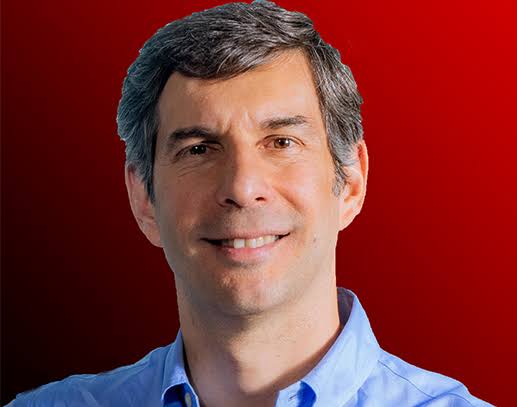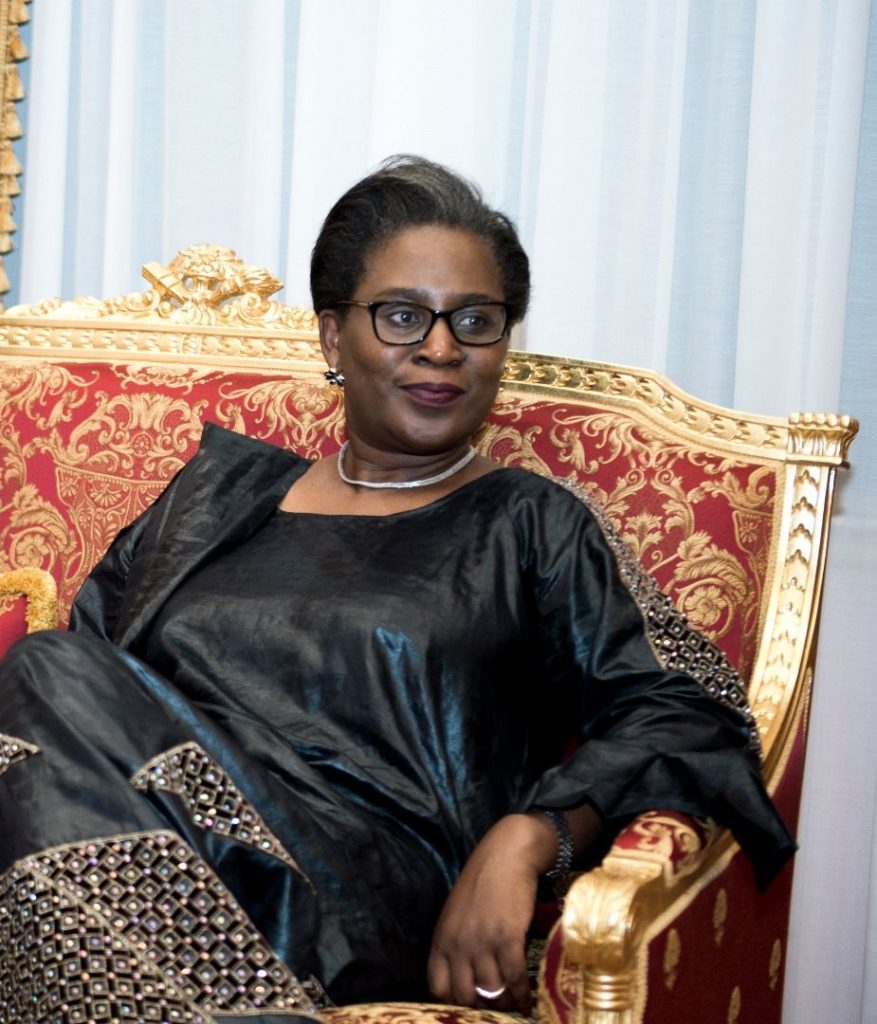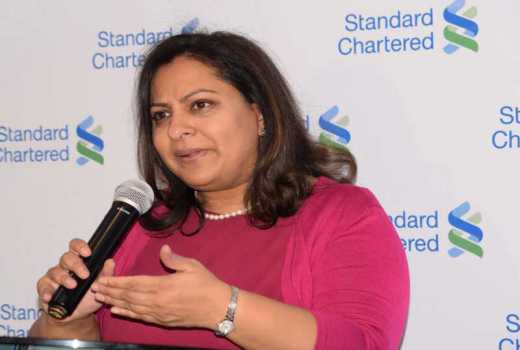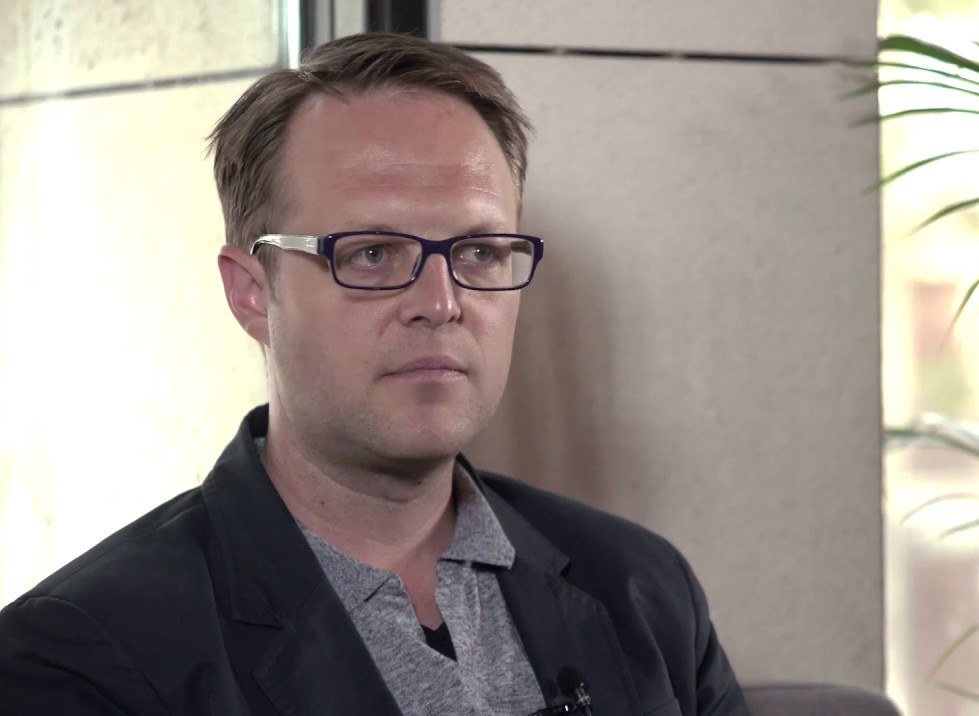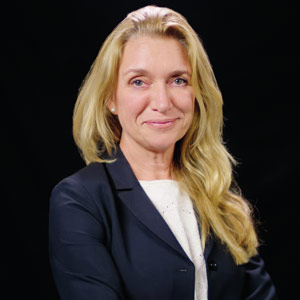By Yuchia Tsai
The way in which businesses should respond to the pandemic in the coming weeks and months is dependent on the mitigation strategy adopted by the countries they operate in.
The World Bank predicts a -1.6% GDP growth for sub-Saharan Africa as a result of the pandemic. In this exceptional environment, organisations and businesses need to be adaptable, resilient and agile to survive and thrive in the ongoing seismic shift. There are three potential risk mitigation pathways to combat the pandemic: lockdowns; herd immunity and precision testing.
Scenario 1: Business first with Herd Immunity
The pathway of herd immunity in the context of COVID-19 means infecting at least 60% of people to prevent further spread as immune individuals build up in the population. This is assuming that the immunity from natural infection is long-lasting, which has not been confirmed in the case of COVID-19. Studies have shown insufficient immunity or waning immunity after 2 to 3 months. Evidence of longer duration of immunity is still to be demonstrated.
In theory, more than 60% of the population must be infected before protective herd immunity is achieved. If there’s a case-fatality rate of 3% of 60% of the population, about 1.8% of the population will die. For Africa, that equates to 24 million people. While that number appears quite high, it is based on the current Africa case fatality rate which is 2.7%, rounded off to 3%, which takes into consideration the global case fatality rate of 5.6%.
Read also : https://afrikanheroes.com/2020/06/14/how-covid-19-has-changed-investing-according-to-investors/
However, pandemics do not stop at 60% infection exactly due to a phenomenon called the “overshoot effect” where the momentum of the epidemic drives the infection rate up to 90% of the population. Herd immunity without any active intervention or effective vaccines will result in significant health risks for the population, which in turn, will influence the economy.
Scenario 2: Health first with Lockdowns/Curfews
Many countries in Africa have adopted either partial or complete lockdowns, causing major social and economic disruptions and negatively impacting the economy, causing further geo-political disruptions. For example, South Africa’s lockdown will cost an estimated R13bn per day. Lockdowns may also cause a shift in the way authorities exercise control over civil society, requiring shifts in the boundaries of civil liberty, civil obedience and governmental control.
Read also : https://afrikanheroes.com/2020/06/09/updated-how-businesses-in-nigeria-can-access-the-%e2%82%a650-billion-covid-19-loan/
Previous pandemics and predictive modelling also show that lockdowns may only postpone the damaging effect of a potential second wave of exponential growth in infection. Until there is an effective vaccine, most countries can be expected to have intermittent partial or complete lockdowns periodically until the pool of susceptible individuals in the population have been infected. Organisations with a medium to longer-term strategy will be better prepared for the resulting financial and operational disruptions.
Scenario 3: Status quo with Precision Testing
Countries such as Taiwan and South Korea have employed a different strategy learned from previous epidemics such as SARS in 2003. This involves the least change to the fabric of society, allowing the economy to continue without disruptions. The strategy deployed for COVID-19 was a combination of early action and precision action.
By testing a highly exposed, “sentinel” population: health-care workers, taxi and public transport workers, and cashiers who are exposed to large amounts of people daily, an accurate picture of the infection rate can be determined.
Read also : https://afrikanheroes.com/2020/06/06/nigeria-gets-288-5-million-as-covid-19-response-support-program/
Coupled with reduction in social contacts (cancellation of events of mass-gathering) and precise contact-tracing, infected individuals can be effectively detected and isolated, stopping the epidemic where it starts.
By engaging academic and governmental facilities to maximize existing testing infrastructure and expertise across Africa, the cost can be as low as $20 per test. The efficacy of this containment strategy is proven in Asia, resulting in low case-loads, allowing businesses and schools to continue operations as usual. This is also the most cost-effective strategy applicable especially in resource-constrained settings in Africa.
The New Normal
As many African states come out of their lockdowns and curfews, it is crucial for businesses and civil society to actively shape the direction of a new norm in the next few months. The pandemic is expected to linger for the next 18 to 24 months until an effective vaccine can be mass-produced and rolled out.
This means that any preventive mitigation will have to remain in place, at least intermittently, for the same amount of time. The supply of a healthy workforce may become irregular with frequent absenteeism due to illnesses and family responsibility.
Highly vulnerable individuals may be required to work from home for an extended period. Supply of goods and material may be disrupted. Accelerated digitization, automation, flexible work schedule, job-sharing and telecommuting may become the norm in a contact-less future.
Businesses cannot expect “business as usual” anytime soon
However, businesses need to maintain operational viability and sustainability to provide care to their employees. Businesses must comply with government regulations on safety measures and are encouraged to implement additional measures where they can to ensure safe environments for their employees and clients and to support the community they are working in.
Read also : https://afrikanheroes.com/2020/06/13/african-business-leaders-urged-to-treat-asset-protection-as-an-investment/
There may be requirements from authorities for proof of testing, screening and immunity at schools and workplaces. There may also be requirements for employers to provide personal protective equipment or protection for their at-risk population.
Access to a vaccine or treatment may become a premium service in many African states where high levels of inequality exist.
Travel risks and country specific COVID-19 impact will have to be assessed and incorporated into travel policies as the business world may partially shift towards a contactless business culture.
Read also : https://afrikanheroes.com/2020/05/26/nigerian-fintech-start-up-kiakia-offers-halal-lending-launches-p2p-lending-investment/
Organisations will also have to reassess their current business structure with major shifts towards re-purposing, re-engaging, regrouping and reallocating.
Businesses will have to repurpose their business lines and their people for the new world, reengage with their employees and customers to realign their value proposition, regroup and reskill the workforce and reallocate resources to profit-generating lines to ensure business viability.
Non-traditional collaborations with local partners and rapid digitization may assist organisations to a rapid return of profitability.
It is also imperative for businesses to engage with the government in public-private partnerships to shape and guide government decisions and the public response to the pandemic. Corporate Social Investment initiatives can be redirected towards: funding of testing, vaccine development, innovative containment and contact tracking programmes to ensure the survival of corporations and the society in which they operate
Read also : https://afrikanheroes.com/2020/06/13/african-business-leaders-urged-to-treat-asset-protection-as-an-investment/
The best way to return to normal operations is to assist government and academia to contain the disease.
International SOS response
International SOS is considered to be the world’s largest medical and travel security services firm. Throughout the COVID-19 pandemic, it has provided a full suite of medical and security services and advisory. In sub-Saharan Africa, it has actively managed medical services at more than 170 project sites and 11 clinics to support the Oil and Gas industry, Mining, Infrastructure construction, retailers, food manufacturers and other industries with their pandemic response.
Services have been set up in Angola, South Africa, Mozambique, and Ghana amongst other locations in Health Monitoring Initiatives, Workplace COVID-19 screening, in-depth health and security consulting, customized webinars to educate employees on solutions through various stages of the COVID-19 Pandemic Curve.
What can businesses do?
Organisations need to have effective immediate, medium, and long-term plans.
Immediate response for case management and emergency protective implementations such as workplace closure, medium-term strategy of Return to Operations and workplace readiness and long-term restructuring of the organisation are crucial topics to consider.
Read also : https://afrikanheroes.com/2020/06/09/updated-how-businesses-in-nigeria-can-access-the-%e2%82%a650-billion-covid-19-loan/
At this current stage of the pandemic, there should also be a return to operation procedures and protocols to reintroduce the workforce in a safe manner. Some questions businesses should be asking themselves at this stage include:
How can businesses safely resume operations? With carefully thought out and planned Return to Work Procedures involving internal information and communication, traveller management, case management and scientifically based return to operations procedures under the guidance of experts.
Which employees are more at risk? Known risk factors to severe Coronavirus disease are chronic diseases such as hypertension, heart disease, diabetes and those above the age of 60.
Should we be testing all our employees for COVID-19? Testing strategy should comply with local public health guidelines and epidemic progression. Each testing method has its own pros and cons and should be carefully structured to suit the need of the organisation and each specific location with the assistance of healthcare professionals.
How should we adapt the workplace to create a safe environment for our employees? There are basic principles such as provision of Personal Protective Equipment (PPE), Masks, Sanitising equipment and material as well as physical space to allow for physical distancing. There are procedures that can be implemented at the workplace such as temperature screening or travel /symptoms questionnaire to improve the safety of employees. Employers have a duty of care and the Duty of Loyalty to their employees.
How can we inform and engage with our employees and customers? By communicating regular, reliable information, using portals such as the International SOS pandemic website, businesses can prepare their employees and customers on the different stages of the pandemic. It is also important to look after the psychological wellness of the organization during the pandemic.
This pandemic may turn out to be the serendipitous impetus to drive meaningful, sustainable and long-lasting changes in the way business is conducted.
Yuchia Tsai is Medical Director for Africa at International SOS.
Kelechi Deca
Kelechi Deca has over two decades of media experience, he has traveled to over 77 countries reporting on multilateral development institutions, international business, trade, travels, culture, and diplomacy. He is also a petrol head with in-depth knowledge of automobiles and the auto industry




